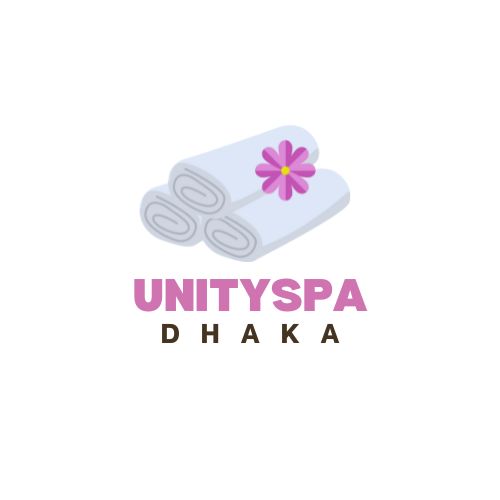Understanding Reflexology: How It Differs from Traditional Massage
Reflexology and traditional massage are popular therapies that promote relaxation and wellness, but they differ significantly in their approach and the benefits they offer. This article will explore reflexology’s unique aspects, how it stands apart from traditional massage, and why it might be the right choice for your health needs.
The Basics of Reflexology
What is Reflexology?

Reflexology is a therapy based on the principle that there are small, specific areas on the feet, hands, and ears that correspond to different body parts and organs. By applying pressure to these points, a reflexologist can affect physical changes in the body, purportedly improving health and wellness.
Historical and Cultural Roots
The practice of reflexology dates back thousands of years, with roots in ancient Egyptian and Chinese medicine. It has evolved over centuries but the core belief that the body can be healed through specific points remains the foundation of this technique.
How Reflexology Differs from Massage
Focus Areas
Unlike traditional massage that typically involves large areas of the body, reflexology focuses on precise points mainly on the feet, hands, and ears. This targeted approach is designed to stimulate nerve function and increase energy flow akin to acupuncture or acupressure.
Techniques and Application
The techniques in reflexology include finger or thumb walking—where the practitioner applies pressure in a walking motion—and hook and backup, which involves working deeper to affect organs. This differs markedly from the kneading, stroking, and rubbing movements commonly found in traditional massages.
Health Benefits of Reflexology
Stress Reduction and Relaxation
Like traditional massage, reflexology helps alleviate stress. However, its approach in activating reflex areas to release tension can create a deeper state of relaxation and more instantaneous relief.
Improved Circulation and Energy Flow
Reflexologists claim that stimulating reflex points helps improve blood circulation and harmonizes bodily processes, potentially boosting energy levels.
Targeted Relief
Because of its focus on specific pressure points, reflexology can be particularly helpful in addressing localized pain and ailments, offering targeted relief that differs from the broad technique of massage.
Choosing Between Reflexology and Traditional Massage
Understanding Your Health Needs
The choice between reflexology and traditional massage can be influenced by your specific health issues and desired outcomes. If you’re seeking overall muscle relaxation and stress relief, a traditional massage might be beneficial. For targeted, organ-related issues, reflexology could offer better results.
Consult with Professionals
Before deciding, consulting with health professionals or certified therapists can provide guidance and help tailor the right therapy plan for your circumstances.
Implementing Reflexology Into Your Wellness Routine
Finding a Certified Reflexologist
Ensuring that your reflexologist is certified and experienced is crucial for a safe and effective session. Look for professionals with credentials from reputable institutions.
Consistency is Key
As with any therapy, consistency is vital. Engaging in regular reflexology sessions can maximize health benefits and lead to more substantial long-term improvements in your wellbeing.
Conclusion
While traditional massage and reflexology both offer paths to increased health and relaxation, understanding their differences is essential in choosing the right treatment for your needs. Reflexology’s unique approach of using specific points to influence body functions provides an alternative therapy that complements the broader strokes and general benefits of traditional massage. Whether you choose reflexology, traditional massage, or a combination of both, integrating these therapies into your health regimen can lead to enhanced wellness and a more balanced lifestyle.
